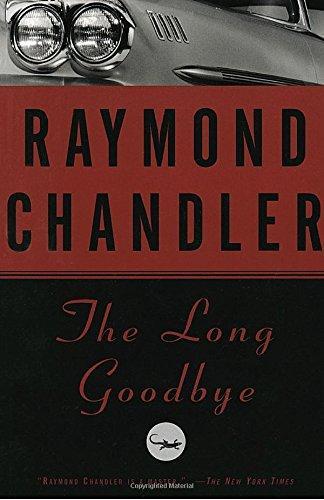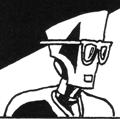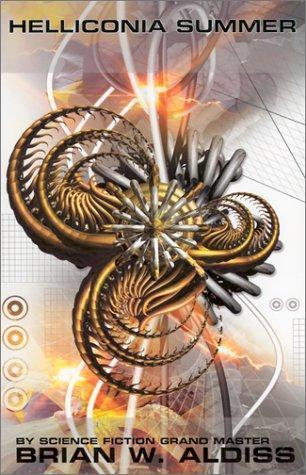Reviews and Comments
Roolipelaaja, seikkailuharrastaja, spefi-kirjailija
Puran ahdistustani välillä fediversessä: kamu.social/@dare
This link opens in a pop-up window
dare rated Helliconia Summer: 3 stars
dare rated Helliconian talvi: 3 stars
dare rated Helliconian kesä: 3 stars
dare rated Painajainen ja enkeli: 4 stars
dare rated Julma on rakkaus: 4 stars
dare rated Noitarovio: 3 stars
dare rated Lumen tuloa ei voi estää: 3 stars
dare rated Vuosien varjo (Philip Marlowe, #7): 5 stars
dare rated Pikkusisko (Philip Marlowe, #5): 3 stars
dare rated Nainen järvessä (Philip Marlowe, #4): 3 stars
dare rated Kuu on julma: 4 stars

Robert A. Heinlein: Kuu on julma (1987)
Kuu on julma by Robert A. Heinlein
It is the late 21st Century and the Moon has been colonized -- as a giant, open, prison. Every aspect …
dare rated The Long Goodbye: 4 stars

The Long Goodbye by Raymond Chandler
In noir master Raymond Chandler's The Long Goodbye, Philip Marlowe befriends a down on his luck war veteran with the …

